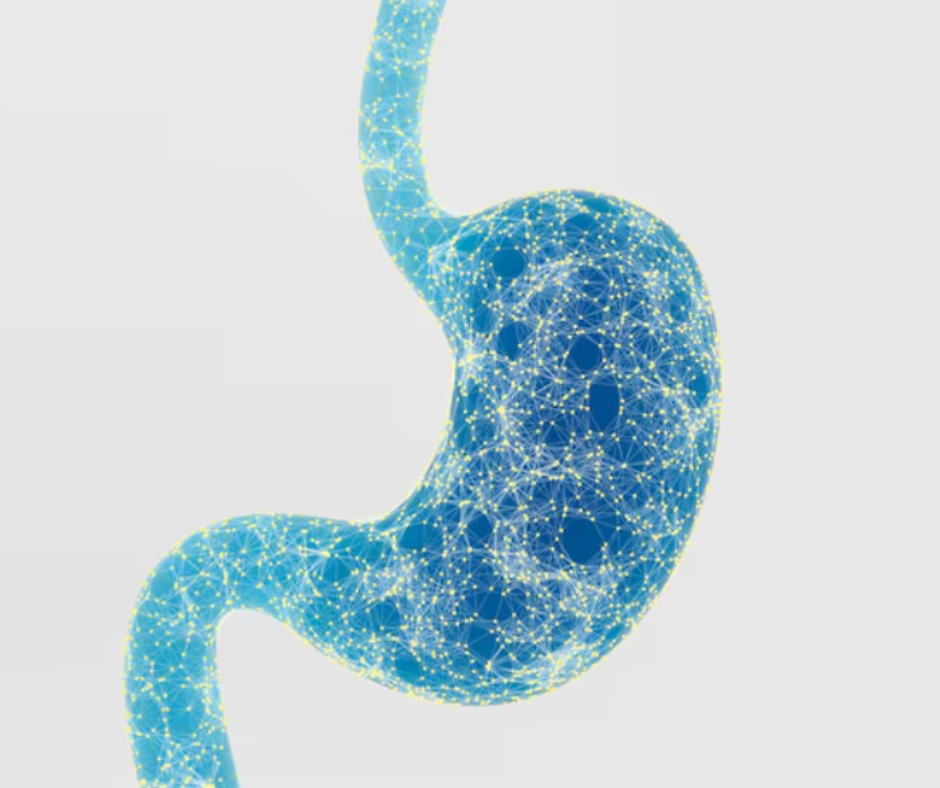Gastrointestinal Cancer Awareness: Early Detection and Treatment Options
- livercarecenter23
- Aug 2, 2024
- 3 min read
[Author: Gastro Doctor in Kochi]
Gastrointestinal (GI) cancers, which include cancers of the esophagus, stomach, liver, pancreas, colon, and rectum, are serious health conditions that can significantly impact quality of life. Early detection and effective treatment are crucial for improving outcomes and survival rates. This guide provides an overview of GI cancers, the importance of early detection, and the various treatment options available.
1. Understanding Gastrointestinal Cancers
a. Esophageal CancerEsophageal cancer occurs in the lining of the esophagus, the tube that connects the throat to the stomach. Symptoms may include difficulty swallowing, persistent heartburn, and unexplained weight loss. Risk factors include smoking, heavy alcohol use, and gastroesophageal reflux disease (GERD).
b. Stomach CancerStomach cancer, or gastric cancer, begins in the stomach lining and can spread to other parts of the digestive tract. Common symptoms include persistent stomach pain, nausea, vomiting, and feeling full after eating small amounts. Risk factors include infection with Helicobacter pylori bacteria, smoking, and certain dietary factors.
c. Liver CancerLiver cancer often develops from liver cirrhosis or hepatitis B or C infections. Symptoms include abdominal pain, jaundice (yellowing of the skin and eyes), and unexplained weight loss. Risk factors include chronic liver diseases, excessive alcohol consumption, and obesity.
d. Pancreatic CancerPancreatic cancer affects the pancreas, an organ that helps with digestion and blood sugar regulation. Symptoms include abdominal pain, jaundice, and unintended weight loss. Risk factors include smoking, chronic pancreatitis, and family history of pancreatic cancer.
e. Colorectal CancerColorectal cancer includes cancers of the colon and rectum. Symptoms may involve changes in bowel habits, blood in the stool, and persistent abdominal discomfort. Risk factors include age, family history, inflammatory bowel disease, and a diet high in red or processed meats.
2. The Importance of Early Detection
Early detection of GI cancers can significantly improve treatment outcomes and survival rates. Early-stage cancers are often more treatable and may be managed with less aggressive therapies. Regular screenings and attention to symptoms are crucial for early diagnosis.
a. Screening Guidelines
Colonoscopy: Recommended for adults over 45 or earlier for those with a family history of colorectal cancer. This test can detect precancerous polyps and early-stage cancer.
Endoscopy: Used for detecting esophageal and stomach cancers, especially in individuals with persistent symptoms or risk factors.
Imaging Studies: CT scans, MRIs, and ultrasounds can help identify tumors and assess their spread.
b. Recognizing SymptomsBe vigilant for persistent or unusual symptoms such as chronic abdominal pain, unexplained weight loss, or changes in bowel habits. Early consultation with a healthcare provider can lead to timely diagnostic testing.
3. Treatment Options for Gastrointestinal Cancers
Treatment approaches depend on the cancer type, stage, and overall health of the patient. Common treatment options include:
a. SurgerySurgery involves the removal of the tumor and surrounding tissue. It is often used for early-stage cancers or when the cancer is localized. Procedures vary based on the cancer type and location.
b. Radiation TherapyRadiation therapy uses high-energy rays to kill cancer cells or shrink tumors. It is often used in combination with other treatments or as palliative care to alleviate symptoms.
c. ChemotherapyChemotherapy involves the use of drugs to kill or slow the growth of cancer cells. It can be administered orally or intravenously and is often used for cancers that have spread or are not operable.
d. Targeted TherapyTargeted therapy uses drugs that specifically target cancer cells while minimizing damage to normal cells. It is tailored based on the cancer's genetic makeup and molecular characteristics.
e. ImmunotherapyImmunotherapy boosts the body’s immune system to help fight cancer. It can be used for certain types of GI cancers and may involve checkpoint inhibitors or other immune system-modulating treatments.
4. Support and Care
Coping with cancer involves not only medical treatment but also emotional and psychological support. Support services may include:
Counseling and Support Groups: To help patients and families deal with the emotional impact of cancer.
Nutrition and Lifestyle Counseling: To assist with maintaining health during treatment.
Palliative Care: Focused on improving quality of life by managing symptoms and providing supportive care.
5. Preventive Measures
Preventing GI cancers involves addressing risk factors and making healthy lifestyle choices:
Regular Screenings: Adhere to recommended screening guidelines for early detection.
Healthy Diet: Emphasize fruits, vegetables, and whole grains while limiting red and processed meats.
Avoid Tobacco and Excessive Alcohol: Both are significant risk factors for various GI cancers.
Manage Chronic Conditions: Address conditions like chronic hepatitis or inflammatory bowel disease with medical care.
Conclusion
Gastrointestinal cancers are serious but manageable with early detection and appropriate treatment. Regular screenings, awareness of symptoms, and lifestyle modifications play a vital role in prevention and early diagnosis. Consult with a healthcare provider if you have concerns or are at risk, and consider discussing screening options to stay proactive about your digestive health.



Comments